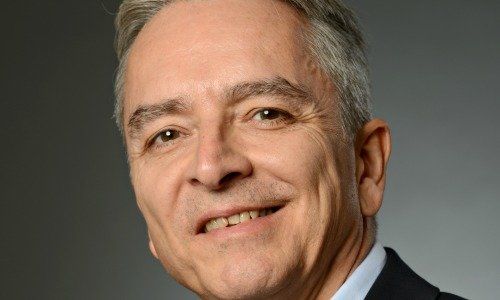Alain Esseiva: «Simple is Better in MAS’s New VC Regime»
The Monetary Authority of Singapore gets itself out of the way of the Venture Capital manager, preferring to focus on what is important, Alain Esseiva writes in an exclusive essay for finews.asia.
Recent Venture Capital (VC)-related news suggests that there has never been a better time to be a VC in Singapore. Fund raising has reached new peaks, with a recent $550 million funding round by Sea Ltd, and more VC’s moving to Singapore, attracted by the growing start-up ecosystem in Southeast Asia.
However, the United States continues to dominate the rest of the world, accounting for $21.5 billion of the $39 billion of global venture capital, and the Asia region still has some way to go. Asia, without China, accounts for only $2.1 billion (China pulled in $10.2 billion in the third quarter of 2017).
Yet Singapore is beginning to attract bigger and more ambitious VC funds, including those who are looking beyond early-stage investing, and entering into series B and C financing rounds. The City State’s VC investments came to $725.3 million in the second quarter of this year, thanks to a healthy start-up ecosystem, and a relative lack of red tape.
Hands-off to Grow
The recent announcement by the Monetary Authority of Singapore (MAS) to reduce some restrictions on VCs will only increase activity here. The hands-off approach by the government, one that has worked for many sectors of the economy, is likely to contribute to Singapore’s position as a leading VC hub.
The new regulatory regime will shorten and simplify the authorisation process for VC managers, by removing the need for five years’ experience in fund management for the VC managers’ representatives. Furthermore, they will not be subject to the same capital requirement and business conduct rules that other fund managers are bound by.
This regime is much more liberal than what was suggested following the consultation it conducted earlier this year, and sends a signal to VCs and the industry that it is serious about reducing the barriers to doing business in Singapore.
Reducing Red Tape Works
MAS feels safeguarded by the fundamental fact that a typical VC is a highly sophisticated entity, with numerous stakeholders, investor base and business models. This alone is self-regulating and lowers the risk, allowing MAS to concentrate on Anti-Money Laundering (AML) initiatives, and punishing errant VC managers – further discouraging poor behaviour.
By reducing these regulations, MAS will reduce the cost of doing business for VCs, making it more likely they will both come to Singapore, and invest. This drive to cut regulatory red-tape forms part of a bigger strategy to position Singapore as a hub for start-ups and investment, which includes more favourable visa requirements for entrepreneurs, and heavy investment in the local start-up scene.
Looking ahead, it is only a matter of time before the Asia region starts to take on the bulk of the world’s VC investments. By setting the stage now, MAS seems intent on securing Singapore’s place at the head of the future VC table.
Alain Esseiva is the Singapore based chief executive officer at Alpadis Group an international fiduciary services provider with a presence in Hong Kong, Singapore and Switerland.






















